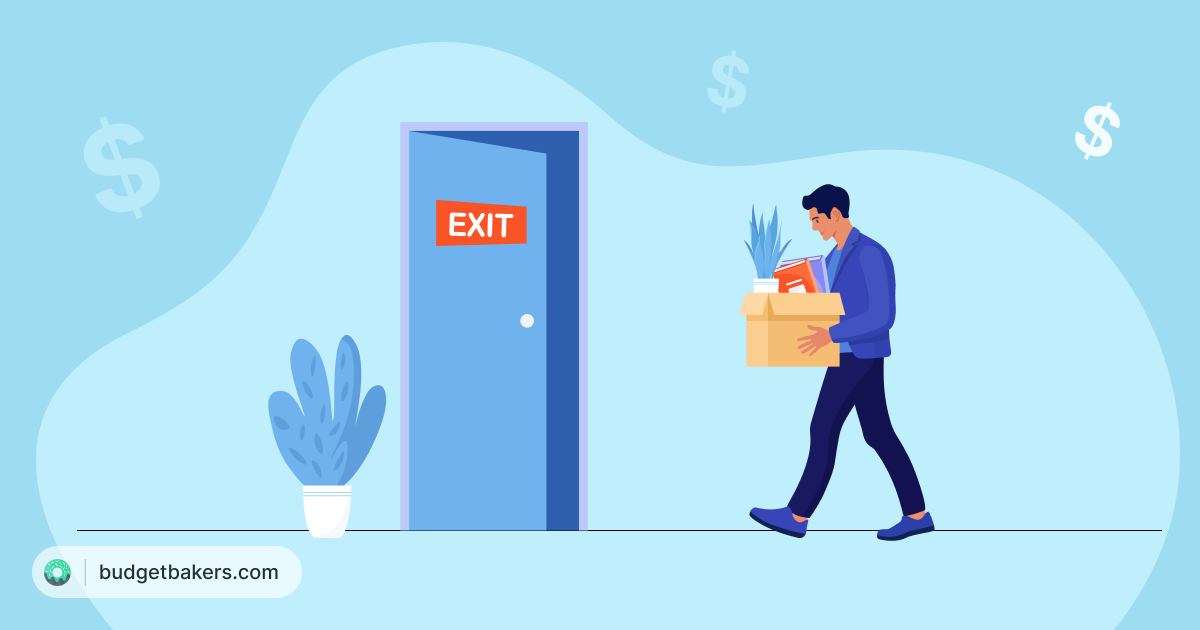Few who have gotten married and started a family have not experienced at least moderate tension over their finances. Getting married is expensive, and raising a family means that many of one’s single life priorities change rapidly.
Here I’m going to talk about how, and why, we decided to strictly track every single dollar that we have, and spend. Specifically, we used the famed “Every Dollar Has a Job” method of personal finance, and it has worked for us now for many years.
Tracking every single dollar doesn’t work for everyone, but it does for us. Here’s why:
Ownership and Control
When you’re starting a family, a lot of things change. You spend more on family needs, and less on yourself. This can and usually does create a sense that one is losing some measure of control in their lives.
A feeling of ownership over your mutual finances is important for a family that is adjusting to this new lifestyle, and getting on the same page can be a challenge. If all the decisions are being made by one party (particularly if one is working and the other isn’t), then your finances can feel unfair or arbitrary to the other.
Miscommunication and out-of-sync priorities are very common sources of tension in that transition.
Time for a Change
When our son was born, and we quickly ate up our savings in the months after the birth, I realized that we needed a big change. I felt too trapped by our finances, and my wife felt a lack of ownership over our mutual decisions.
We sat down as a family, and we decided to radically change our relationship with money. We decided to track every single purchase we made, and to create a strict budget for ourselves.
That is a pretty radical change to make. And It was pretty hard at first.
Not only did we have to observe strict limits on what we could spend on certain things, but we also had to scrupulously track everything we paid for, no matter how small. We had to begin thinking about the big financial picture every single day. Instead of avoiding thoughts of money, as we had done before, we now had to think about it nearly all the time.
It took nearly a year to get used to it. But every month, we would sit down together, review every single expense over the previous month, and decide together what we would budget for each category of our expenses in the month ahead. This had a few major advantages:
Less Uncertainty
First of all, it stopped us from bickering over every single purchase. Instead of worrying whether it was wise to spend money on certain items in the grocery store, or to eat lunch in a restaurant, we could simply look at the budget, and see that there was indeed money available for those things. Or there wasn’t.
Either way, we had made the decision together, and we could both easily see how the other was contributing to the plan. If I overspent, my wife would know it. If she did, then I would.
Wiser Decisions
This increased accountability also helped us both to be smarter with our money. Being able to see the real budget killers helped us to cut down on things we really didn’t need as much as we thought we did.
A cup of coffee at Starbucks might be only 4 dollars, for example. But if you have to look at your expenses and see that Starbucks, in the course of a month, costs you more than 100 dollars, then you start thinking about alternatives. We started making coffee at home, which was not only cheaper, but also very pleasant to do as a couple.
There are enormous budget killers in almost anyone’s monthly spending. Most of the time, they don’t even realize how serious those expenses really are. But seeing them in real numbers helps you make wiser long-term decisions.
Better Priorities
The change also helped us to do things as a family that we could not have done otherwise. Whereas before, I would consider the cost of a vacation with a sort of existential panic, knowing that it would be expensive, I now coolly regarded it as a matter of budgeting.
We budgeted for the hotel, for the transportation, for money we would spend on the trip. All was planned, so nothing surprised us. Money was no longer a point of conflict or of uncertainty. We could actually enjoy spending money together. When small surprises arose, we were prepared to handle them with a reserve in our budget.
What’s the First Step?
Many people start seriously budgeting when there is a very pressing need to do it. They may suddenly realize that they’re running out of money. They may become parents, or want to buy a home. At some point, budgeting may become simply too important to ignore.
But waiting for that moment is also dangerous. You may already have bigger problems than you think by the time you get around to getting control of your finances.
You might expect me to say that you have to start budgeting and radically change your thinking right now. Today.
But the truth is, you can take it in smaller steps.
Take a look at your income and your expenses, and sketch out a reasonable budget- or at least one that seems reasonable to you. Don’t act on it right away, just keep it in mind.
In time, you’ll hopefully become more interested in whether your budget is actually realistic or not. That may lead to you doing the math a bit, and discovering some things you might not realize.
Try tracking individual expenses one at a time. How much do you spend on restaurants, for example? How much do you spend on coffee? These are small habits that have big impacts on your budget. Be curious about what those expenses amount to in the long run.
Over time, find an approach that suits you best. If big changes are needed, you’ll be better equipped to make them when you have a clear picture of your expenses over a period of time.
That’s where budgeting and expense tracking tools like Wallet by BudgetBakers can really help. You don’t have to change you habits drastically overnight, but just seeing what you spend on a daily or weekly or even monthly basis, can help to put your priorities in better order, and put you on the path to budgeting more wisely, either as an individual, or as a family.
Most importantly don’t give up. The pain of having to manage your finances more carefully is small, in comparison with the sudden panic of finding out you don’t have enough to pay your rent, or cover an unexpected expense.
Wallet – system for your financial health
Wallet is available for you worldwide with over 10,000 bank integrations.
It has over 5,000,000 downloads and 400,000 active users.
You can be one of them! Buy a yearly plan with a 50% discount right now!
Find the app on the App Store or Google Play and explore it! Or start by signing up for our WebApp today.




